- New Patient Special
- Serving the Atlanta Metro and Midtown Area Since 1982
- (404) 872-7755
All Your Dental Needs in One Convenient Location. Our doctors will give you friendly knowledgeable gentle care for all your dental needs.
Due to the diverse skills and training of our dentists, we can take care of all your dental needs in-house. We provide friendly, comprehensive and high-tech dentistry, including full dental implant services and cosmetic dentistry.
At the Atlanta Dental Center, we provide general dental care. We start with basic services that result in healthy teeth and gums. This leads to bright smiles. We also provide cosmetic dentistry services using advanced dental technology.
We do everything we can to make your experience here as comfortable as possible. Our staff are trained to be gentle and reassuring. High-tech equipment, such as The Wand® Injection system that provides a comfortable injection, help us to achieve our aim of providing dentistry that is more comfortable. By communicating with you, we can help you to be less afraid and ensure that you are doing well.
Our office has a relaxing, friendly atmosphere where everyone remembers your name and treats you with the care and concern they would their own family. We listen to you, explain procedures, consult with you and keep you informed every step of the way. “Personal care and communication with our patients is of utmost importance to us. We consider our patients to be our friends,” says Dr. Schmidt.
We use the latest technology to assist us in providing high-quality dental care. By using CEREC® (CEramic REConstruction), 3D imaging, dental lasers and other innovative equipment and procedures, we are able to make your dental visits more comfortable and reduce the amount of time you need to be in the chair.
With over 25 years of experience, Dr. Francisco Garcia and Dr. Robert Schmidt bring unparalleled expertise to Atlanta dentistry. Dr. Garcia, a Tufts University graduate, has honed his skills in general and cosmetic dentistry across the U.S. and Puerto Rico. Dr. Schmidt, an Emory University alumnus who earned his dental degree from Marquette University in 1987, has been a trusted name in the Atlanta dental community for decades. Together, they deliver exceptional care rooted in experience and excellence.
The Atlanta Dental Center was recognized by Atlanta Magazine as one of the top dental practices in the Atlanta Metro Area

At Atlanta Dental Center, we combine advanced technology with expert care to deliver top-tier dental implant solutions for every need. Whether you’re replacing one tooth, several teeth, or all your teeth, our cutting-edge techniques ensure precise, efficient, and comfortable treatment. Using state-of-the-art tools like 3D imaging and guided implant placement, we create customized solutions designed for lasting results and natural aesthetics. No matter the complexity of your case, our all-in-one approach means every step of your implant journey happens in our high-tech office—no referrals required. Experience the future of dental implants and reclaim your confident smile today.
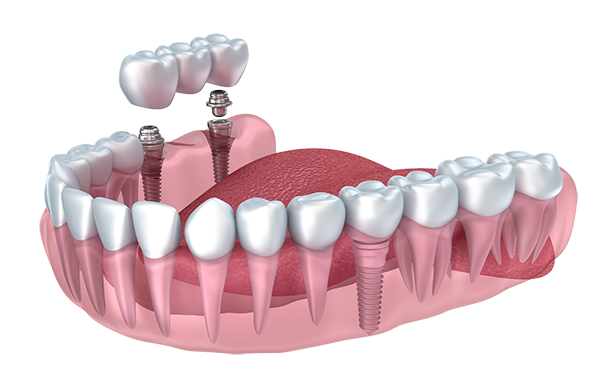


Founded in 1982 by the late Dr. Joel Benk, Atlanta Dental Center has been a global leader in innovative and compassionate dental care. Dr. Benk’s commitment to advanced technology and lifelong learning set the foundation for a practice built on quality and excellence. His legacy continues through his wife, Debbie Benk, and their sons, Josh and Ryan Benk, who proudly carry forward his mission to improve lives through exceptional dentistry. At Atlanta Dental Center, we combine decades of expertise with a family-oriented approach to deliver the healthy, confident smiles you deserve.
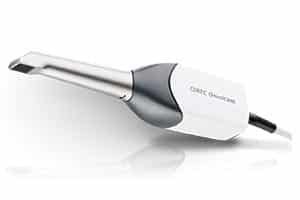
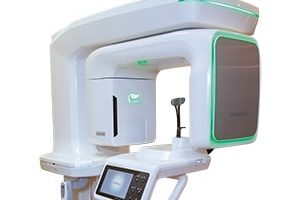
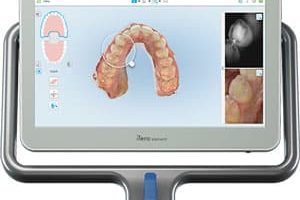
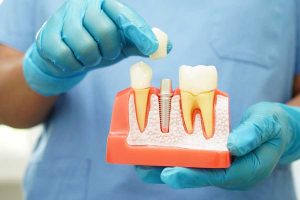
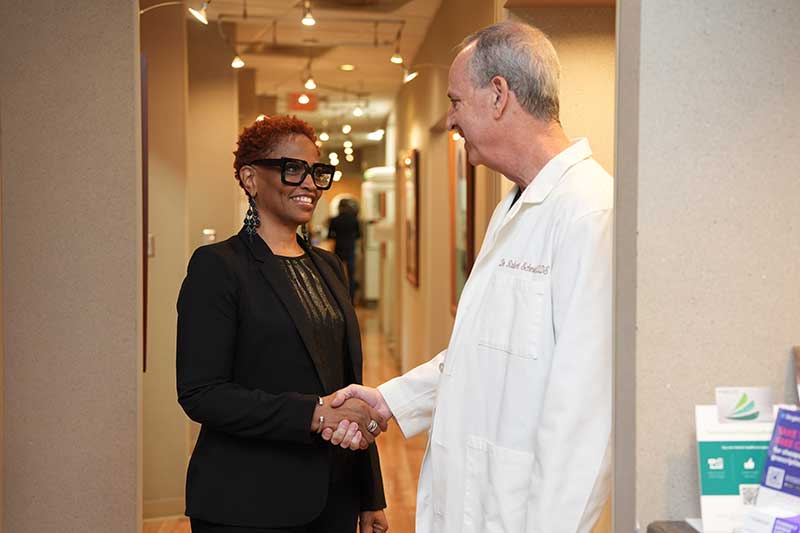
Regular checkups are crucial for maintaining oral health. Our comprehensive exams help identify and address issues early, ensuring your smile stays healthy and bright.
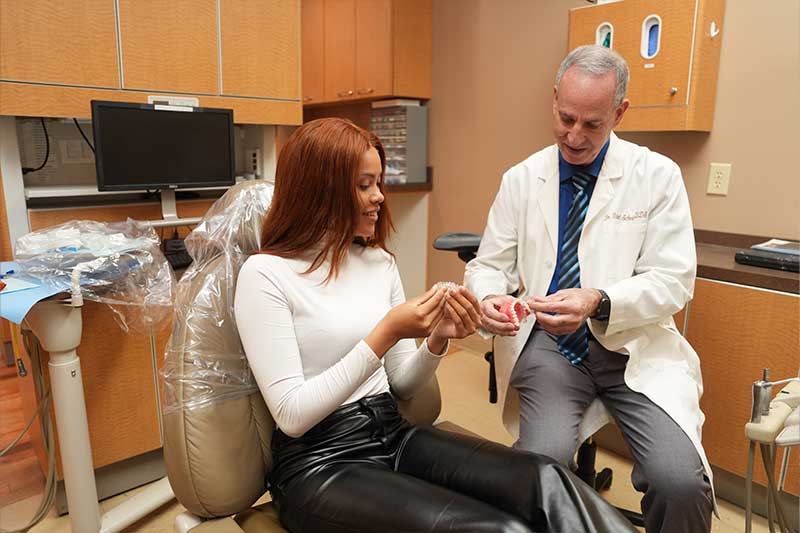
We offer various implant dentistry options, including Full-Arch and Single Dental Implants, to restore function and aesthetics.
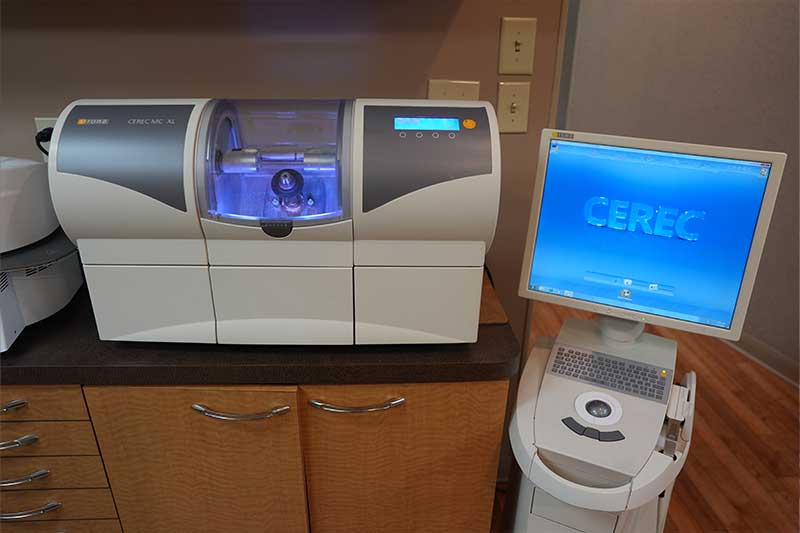
With our CEREC® technology, we can craft custom ceramic restorations in just one visit, providing quick and effective solutions.

Straighten your teeth discreetly with Invisalign. Clear aligners offer a comfortable alternative to traditional braces.

Improve the appearance of your teeth with porcelain veneers or dental bonding. Perfect for correcting size, shape, and color.
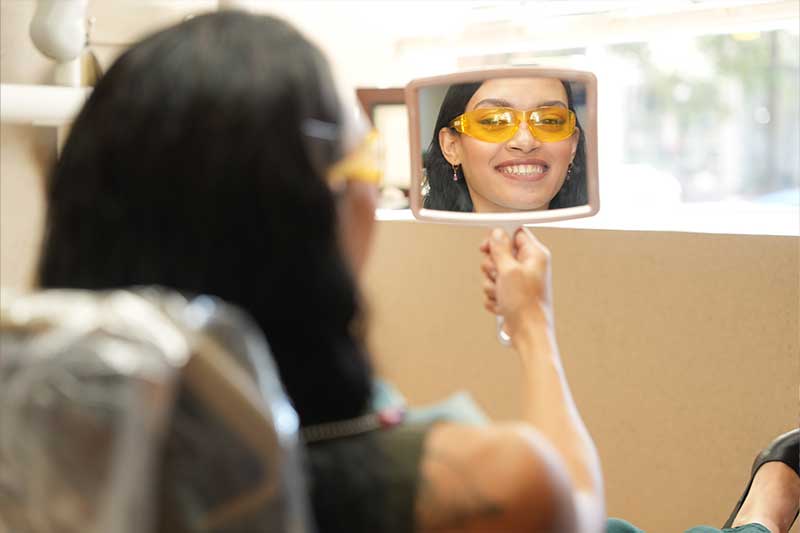
Our hygienists offer thorough cleanings and effective treatments for gum disease, helping you maintain optimal oral health.
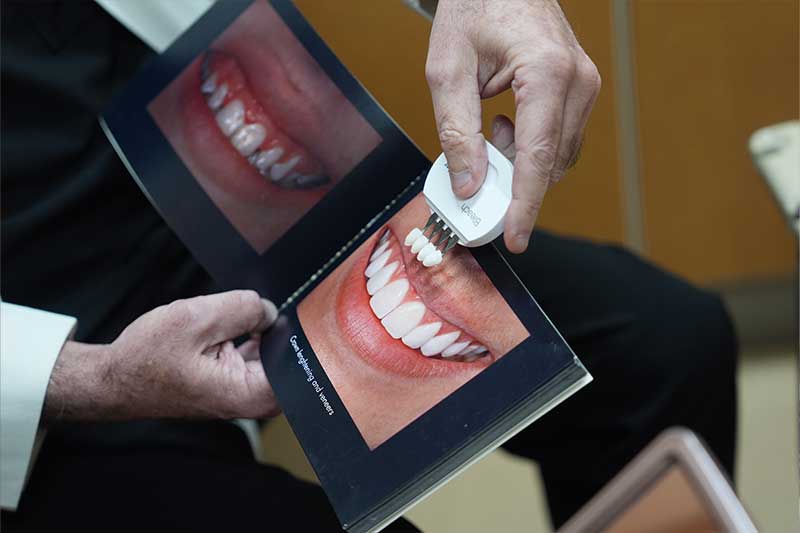
Replace old fillings with tooth-colored options for a natural look and long-lasting durability.

Thanks to CEREC 3D technology, we can often complete root canals in a single visit, minimizing discomfort and treatment time.
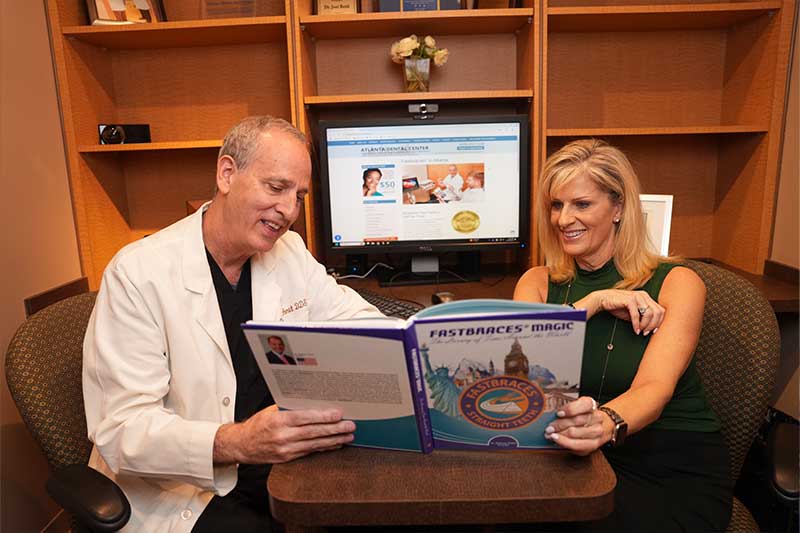
Straighten your teeth faster with Fastbraces®. This innovative technology can reduce treatment time to just 3-12 months.
At Atlanta Dental Center, Dr. Robert Schmidt and Dr. Francisco Garcia combine decades of expertise with a passion for exceptional care. From advanced Invisalign® and dental implants to personalized cosmetic treatments, our doctors are dedicated to creating healthy, confident smiles. With a focus on innovation, patient comfort, and community involvement, they deliver state-of-the-art dentistry tailored to your unique needs. Learn more about their outstanding credentials and compassionate care on our Meet the Doctors page.
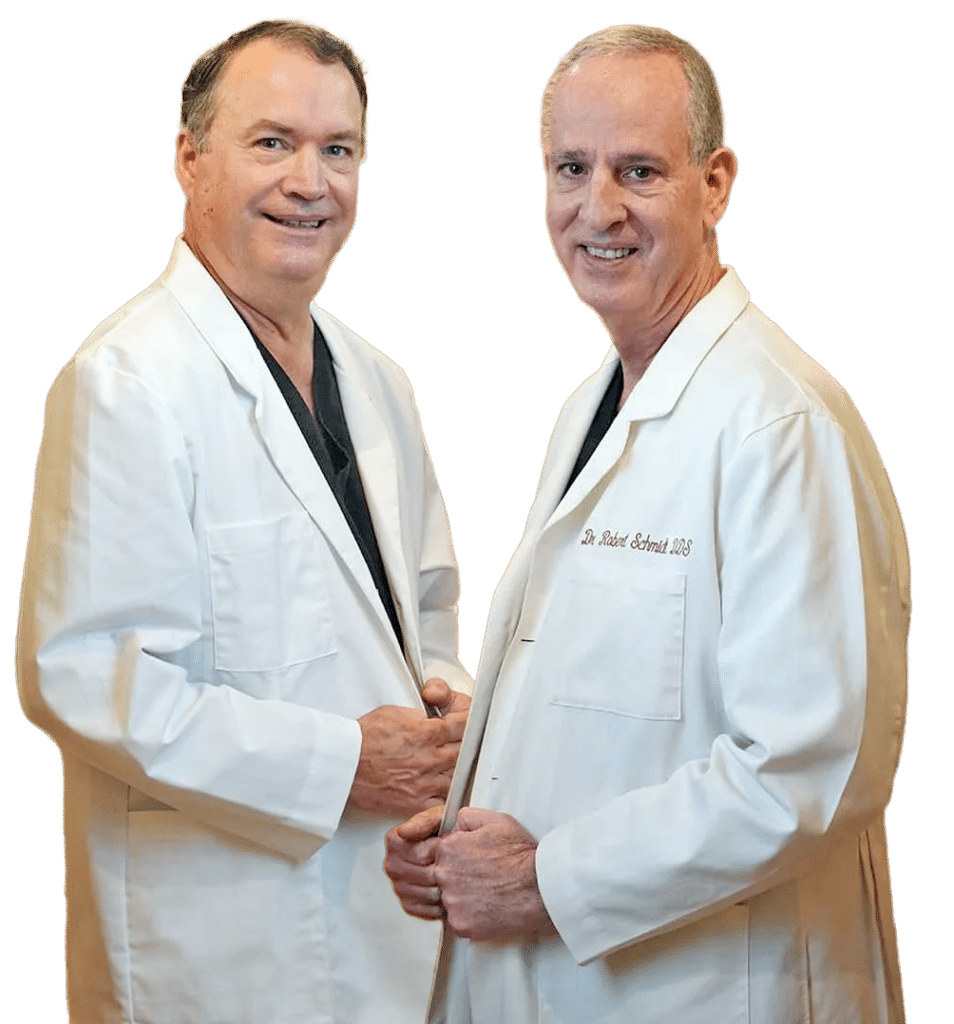
At Atlanta Dental Center, we provide all the dental services you need under one roof—no referrals, no extra trips, and no hassle. Whether you’re looking for routine cleanings, cosmetic enhancements, dental implants, Invisalign®, or advanced restorative care, our skilled team handles it all right here in our state-of-the-art office. From diagnosis to treatment, we offer a seamless experience, saving you time and ensuring you receive consistent, high-quality care from the same trusted team. Experience the convenience of comprehensive dental care tailored to your needs—all in one place.

Client
"“I had tiny cracks in my front two teeth. The doctor was so friendly and accommodating throughout the whole process. She wanted my teeth to look perfect—up to my standards. The staff fit me in when it was convenient for me. My teeth look and feel amazing now! I have more confidence, a brighter smile and more ease of eating.”

Client
"“I am very impressed with the treatment and the follow-up and care after the work is done. What I liked best was the beautiful smile after all the work was done. I have a trouble-free smile that has brought me numerous compliments and is very functional. It has basically given more confidence and I can eat most anything I want to eat.”"

Client

Send us your email to stay up to date with our latest news and special offers
© 2024 Atlanta Dental Center. All rights reserved.

"“I needed to replace three teeth and was told that the best way to go would be with dental implants. At first I thought, ‘they’re going to drill into my jawbone.’ But actually it was so precise that it ended up being a quick and very comfortable procedure."